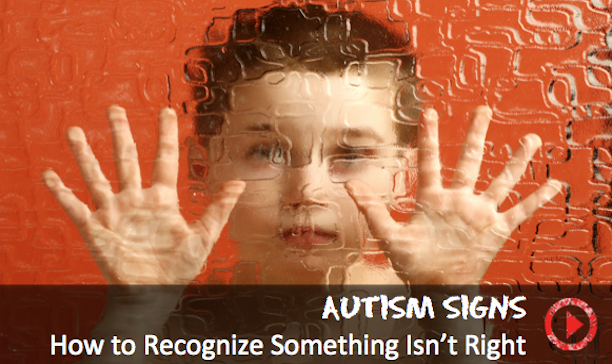Signs of Autism
Jane Tavyev Asher, MD, explains how important early diagnosis is in autism, and how early detection can improve outcomes for children
Related Videos
Transcript
Expert Bio
More from Expert
Jane Tavyev Asher, MDDivision of Child Neurology - Cedars-Sinai Medical Center
Dr. Jane Tavyev Asher is a board certified Child Neurologist and Director of the Division of Child Neurology at Cedars-Sinai Medical Center. Upon attaining her medical degree from Baylor College of Medicine, she completed residency/ fellowship training in Child Neurology and Neurodevelopmental Disabilities at Baylor College of Medicine/ Texas Children’s Hospital, where her clinical training focused on behavioral neurology, specializing in autism and other developmental disorders, and her research focused on epigenetic factors in autism. She currently maintains a clinical practice at Cedars-Sinai Medical Center in Los Angeles, where she sees patients with a variety of neurologic conditions such as Autism Spectrum Disorders, developmental delay, ADHD, learning disabilities, tics, headaches, and cognitive/ behavioral management in neuromuscular disorders. She holds an academic/ research appointment as Assistant Professor at UCLA in the Departments of Pediatrics, Psychiatry and Biobehavioral Sciences. Her current research interest remains in the area of autism. Dr. Tavyev Asher is proud to contribute to the training of the next generation of physicians including those specializing in Pediatrics, Child Psychiatry, and Child and Adult Neurology, and she enjoys giving talks on various neurologic topics locally and nationally. She is a member of the Child Neurology Society, American Academy of Child and Adolescent Psychiatry, UCLA CART (Center for Autism Research and Treatment), and The Help Group-UCLA Autism Research Alliance. She also serves on the Advisory Board of Healthy Child Healthy Child Healthy World. She enjoys art, music, yoga, skiing, and relaxing with her family.




 GET ACCESS TO ALL PREMIUM CONTENT WITH NO ADS FOR $4.99/MONTH
GET ACCESS TO ALL PREMIUM CONTENT WITH NO ADS FOR $4.99/MONTH




Login or Register to view and post comments